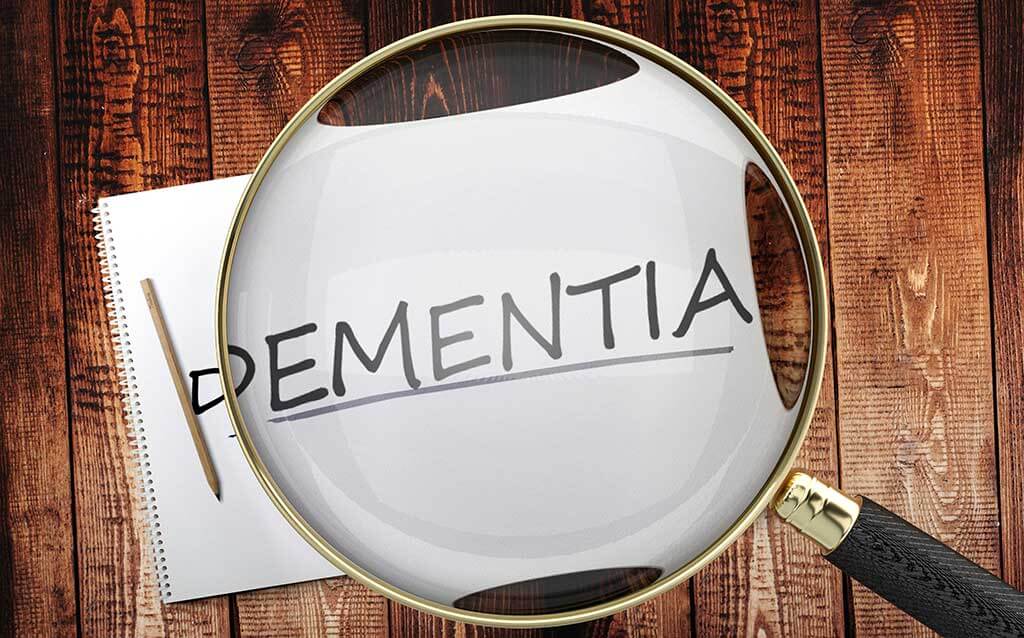Dementia is a comprehensive word that refers to a loss of mental faculties such as reasoning, remembering, attention, logical reasoning, and others. These changes are significant enough to generate social or occupational problems.
Dementia can be caused by many circumstances and can develop when the brain regions essential for learning, decision-making, and language are damaged or infected. In this guide, we’ll walk you through the causes and symptoms of dementia.
Types of Dementia
Below are some types of dementia, though they are not reversible:
- Alzheimer’s disease
- Dementia due to vascular disease
- Dementia caused by Parkinson’s disease and other comparable conditions
- Dementia with Lewy bodies
- Pick’s disease is a kind of frontotemporal dementia
- Creutzfeldt-Jakob disease (CJD)
Depending on what portion of the brain is damaged, dementia may be divided into Cortical Dementias and Subcortical Dementias.
Cortical Dementias
Cortical dementias are caused by abnormalities in the cerebral cortex, the brain’s outer layer, which are essential for memory and language. People with this kind of dementia typically have significant memory loss and are unable to recall various things. There are two types of cortical dementia—Alzheimer’s disease and Creutzfeldt-Jakob disease.
Subcortical Dementias
Subcortical dementias are caused by problems with the brain’s sections underneath the cortex. People who have subcortical dementia often experience changes in their cognitive speed and ability to begin activities. Typically, patients with subcortical dementia do not have forgetfulness or language difficulties.
Dementia vs. Other Types of Memory Loss
Dementia is not the same as transient disorientation or forgetfulness caused by an illness that recovers on its own. It can also be caused by an underlying ailment or pharmaceutical adverse effects, and dementia usually worsens with time.
Causes of Dementia
Degenerative neurological disorders are the most prevalent causes of dementia, but there are a few other causes, such as:
- Alzheimer’s disease
- Parkinson’s disease
- Huntington’s disease
- Various sclerosis
- Car accidents, concussions, and other incidents can result in traumatic brain injury
- Central nervous system infections, such as meningitis, HIV, and Creutzfeldt-Jakob disease
- Long-term usage of alcohol or drugs
- Certain kinds of hydrocephalus, or fluid collection in the brain
Other reversible causes of dementia could include:
- Substance abuse or alcoholism
- Tumors
- Subdural hematomas, i.e., blood clots that form beneath the brain’s outer layer
- Normal-pressure hydrocephalus, i.e., fluid accumulation in the brain
- Vitamin B12 insufficiency
- Low thyroid hormone levels or hypothyroidism
- Hypoglycemia
- Neurocognitive problems caused by HIV
Risk Factors for Dementia
Dementia can be exacerbated by several physical and lifestyle problems, including:
- Age
- Alzheimer’s disease in the family
- Diabetes, Down syndrome, multiple sclerosis, and heart disease
- Obstructive sleep apnea
- Depression
- Smoking, binge drinking, bad diet, and lack of exercise
- Traumatic brain damage
- Stroke
- Brain infection, for example, meningitis and syphilis
Symptoms of Dementia
Dementia affects people’s capacity to manage their everyday lives. Below are some warning indicators to look out for:
- Short-term memory issues, such as forgetting where you placed something or repeatedly asking the same question
- Communication issues, such as being unable to come up with a word
- The difficulty with complex yet routine actions such as cooking or paying expenses
- Depression, anxiety, paranoia, and mood swings
Is Your Loved One Struggling With Dementia?
SHINE® Memory Care is Rittenhouse Village At Valparaiso’s exclusive memory care program. We provide long-term care tailored to each dementia patient’s particular requirements. This includes, among other things, support with daily living duties, medical monitoring, and supervised care.







